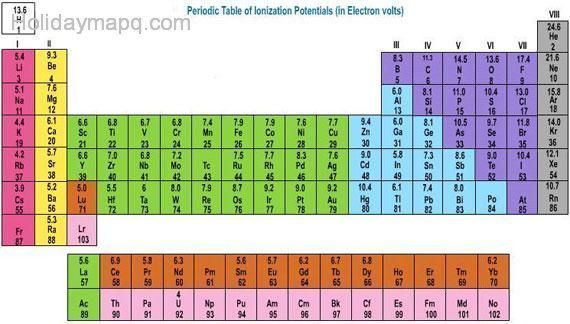Conservation Of Matter Chemistry Definition

Law of conservation of matter.
Conservation of matter chemistry definition. In chemistry the law of conservation of matter may be explained in the following way see the picture of combustion of methane. Conservation of mass conservation of matter law of conservation of mass type of. In chemistry this principle has used extensively particularly in balancing chemical reactions determining the amount of a reactant requires for forming the desired quantity of the product. Search the dictionary for more terms.
Chemical changes are nothing but chemical reactions. The law of conservation of matter is applicable in a chemical change. That is the same number of atoms of each kind must appear on opposite sides of the equation. Historically already the ancient greeks.
In other words during a chemical reaction everything you start with you must end up with but it might look different. An example of the law of conservation of matter can be observed when grapes ferment into wine. Sometimes it may seem that matter disappears during a science experiment but this law tells us that matter cannot magically appear or disappear it simply changes from one form to another. 1 n a fundamental principle of classical physics that matter cannot be created or destroyed in an isolated system synonyms.
This lesson explores the discovery of this important principle and. In this lesson we ll learn the definition of the law of conservation of mass sometimes called the conservation of matter. Also conservation of mass webster s new world college dictionary fifth edition copyright 2014 by houghton mifflin harcourt publishing company. Chemical reaction chemical reaction the conservation of matter.
In reactions under normal laboratory conditions matter is neither created nor destroyed and elements are not transformed into other elements. The matter in the reactants within the bottle undergo changes in chemical form but the amount of matter remains the same. The masses of a methane and oxygen together must be equal to the masses of carbon dioxide and water. The law of conservation of matter states that the mass of substances in a closed system will remain constant regardless of what processes are acting inside the system.
The law of conservation of matter says that the amount of matter stays the same even when matter changes form. The law of continuity or the continuity equation to which it is sometimes referred is founded on the law of conservation of matter.
















































